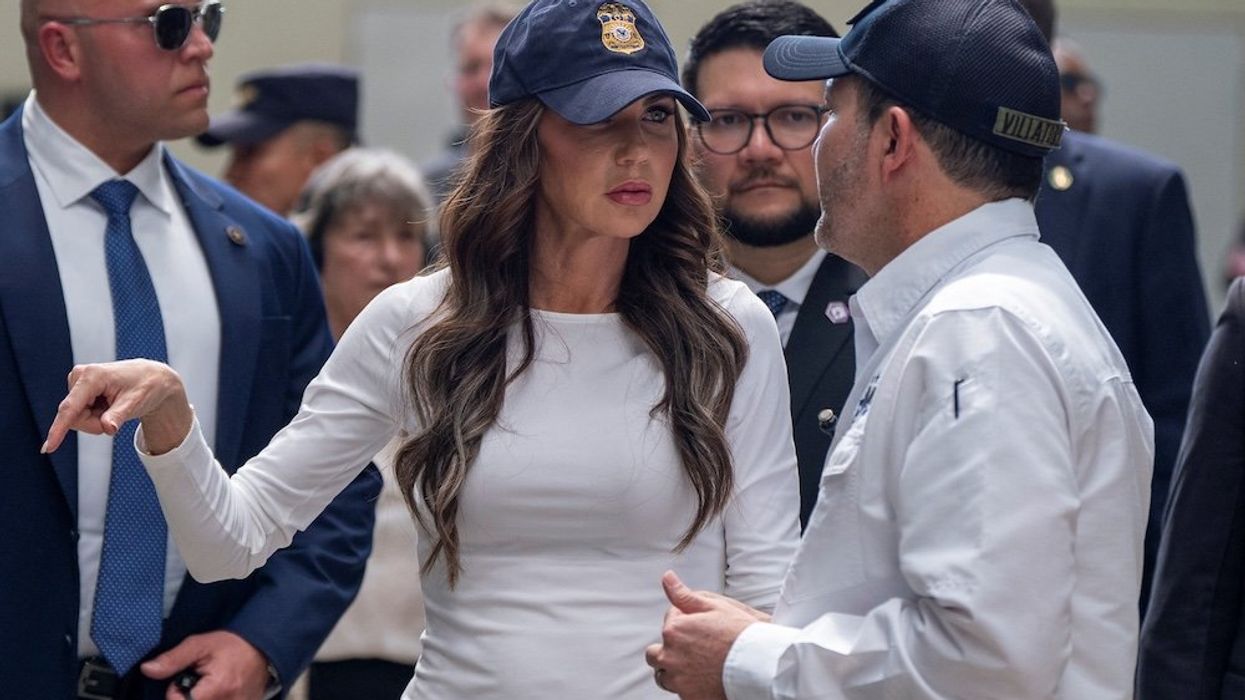CNN anchor Boris Sanchez reports that federal law enforcement is starting to feel the heat as a Chicago judge condemns the Trump administration's tactics, saying that there are still reports of tear gas being deployed without warning.
U.S. District Court Judge Sara Ellis, a Barack Obama appointee, ordered Immigration and Customs Enforcement field director Russell Hott to appear in court Monday. But he returned to Washington, D.C. that same day on what the Department of Homeland Security calls a "planned return."
Former federal prosecutor and POLITICO senior writer Ankush Kardori says that Hott's failure to appear in Chicago is not typical.
"Usually when a judge requests a specific government official show up, they expect that official to show up, and that person shows up. So, no, it's unusual," he says.
Instead, two federal officials are taking Hott's place and testifying instead, answering questions from the judge about the use of tear gas, who ordered the tear gas and who was directing them to do so. Kardori doesn't think they will offer much.
"This has been a big issue, actually, with some of the government's representations in court. They will put people up who know little to nothing about the relevant issues. So I expect her to put some pressure on that level of analysis," he says.
When Sanchez asked Kardori how a judge knows whether their orders are being followed or not, he said, "She's doing what she should be doing. She's seen a report, some indication that it's not being followed, right? For instance, tear gas being used in a residential neighborhood. Her order required that that only occur if there's some sort of actual threat, imminent threat to the officers."
The judge, who on Thursday ordered "all agents who are operating in Operation Midway Blitz ... to wear body-worn cameras," sparked controversy among ICE agents who don't want to work with FBI agents wearing body cameras.
The Department of Justice, Kardori explained, is "opposing this."
The use of body cameras is a complicated area of the law, Kardori said.
"And there are exceptions. It's not necessarily mandated across all federal officers. But I do think in this particular context, she is right to be sort of pushing the line on this," he added. "I think I think it's become apparent, quite honestly, that the anonymity of the agents they're masking has become areal problem."


